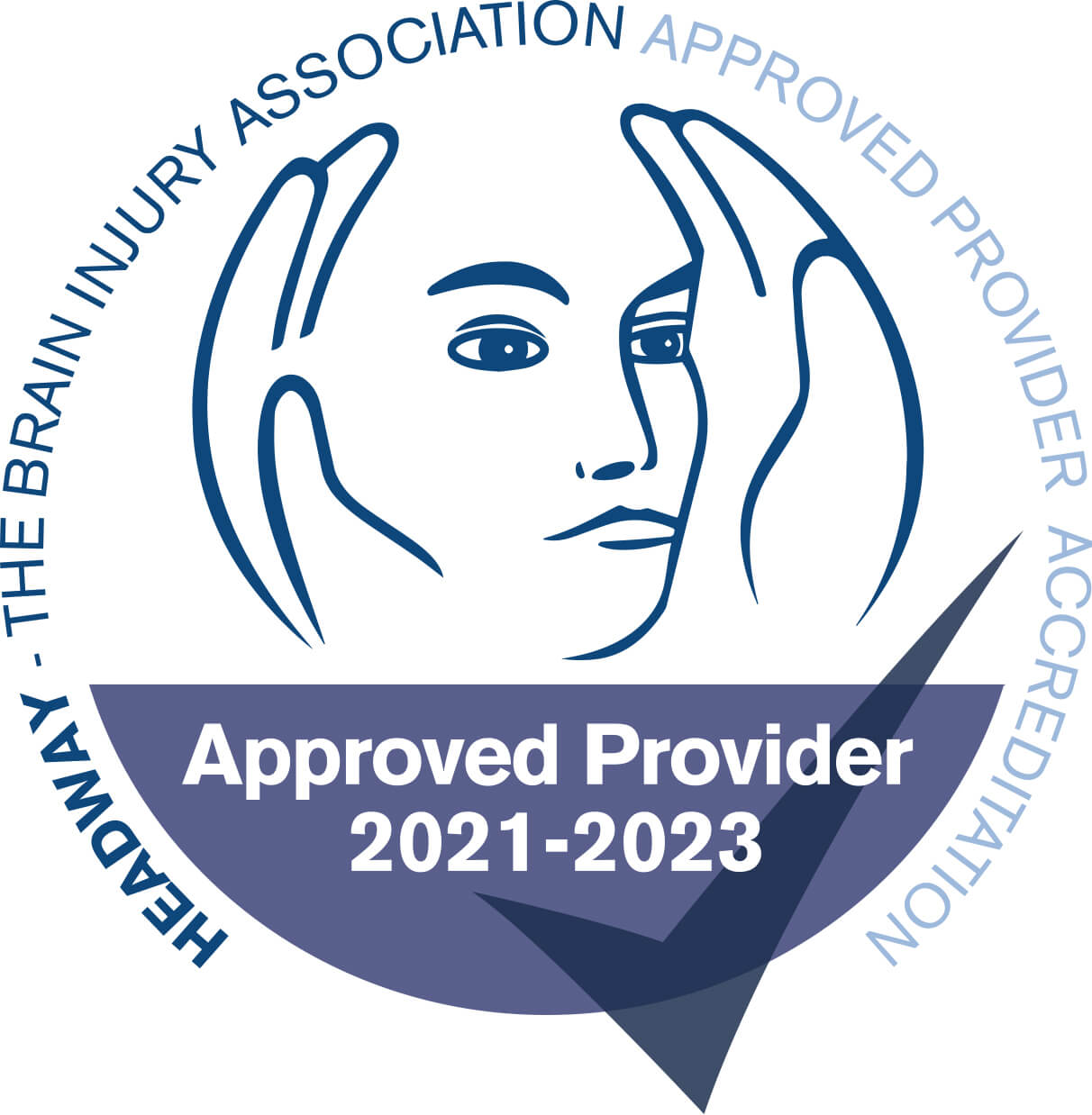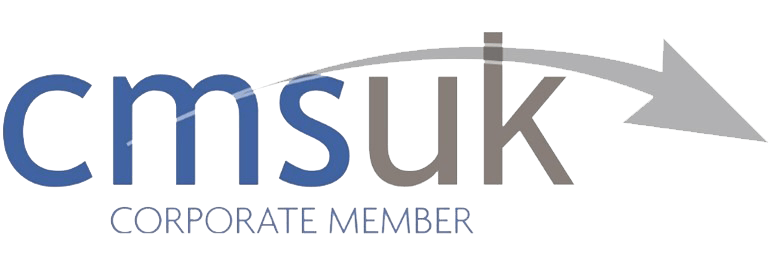Set in the stunning seven acres in Cambridgeshire, Askham Rehab’s Huntington’s disease services include fully coordinated with multi-disciplinary support teams for appropriate and timely care
Huntington’s Disease or chorea disorder is a neurodegenerative genetic disorder that affects muscle coordination and leads to cognitive decline and dementia. It is the most common genetic cause of abnormal involuntary writhing movements and also results in gradual damage to specific areas of the brain.
Askham Village Community staff are trained to assist residents to manage symptoms, some which may require one-on-one 24-hour care and specialist behavioural management.
Based on the dependency of each resident we are able to offer a passive or more intense physiotherapy programme to improve strength & mobility together with speech & language therapy and special diets for those with swallowing difficulties.
Please contact us to make an appointment for a non-committal discussion.
Huntington’s Disease Symptoms
The earliest symptoms are a general lack of coordination and an unsteady gait. As the disease advances, uncoordinated, jerky body movements become more apparent, along with a decline in mental abilities and behavioural and psychiatric problems. Physical abilities are gradually impeded until coordinated movement becomes very difficult, and mental abilities generally decline into dementia. Complications such as pneumonia, heart disease and physical injury from falls reduce life expectancy to around twenty years after symptoms begin. Huntington’s disease typically becomes noticeable in middle age.
Askham Village Community’s on-site Leisure & Therapy Centre plays a key role in the relief necessary for sufferers through its extensive reablement and rehabilitation facilities.
Our staff work closely with residents’ GP and the assessment teams. Rest assured that your loved one, friend or relative is getting the best care possible, fully coordinated with multi-disciplinary support teams for appropriate and timely care. Residents receive support from the Regional Huntington’s Disease Association.




